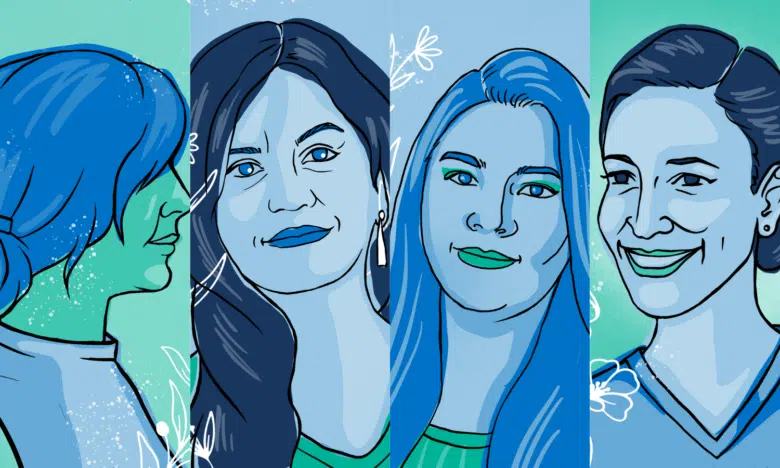
Illustrated portrait collage of Isabel*, Carolina Escobar Sarti, Bianka Rodríguez and Valentina Duque. © Ladan Lajevardi
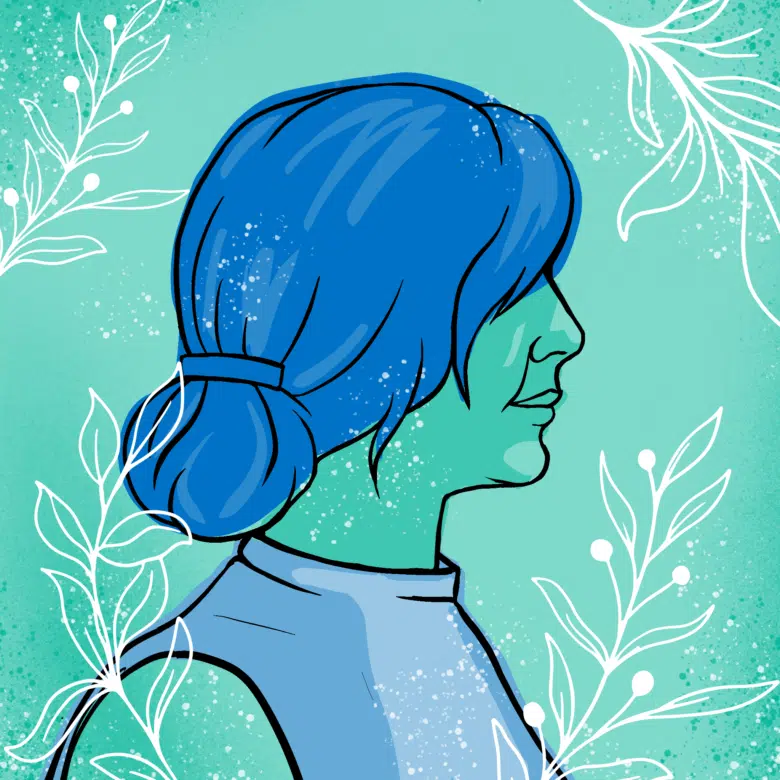
Isabel’s* Story
“There came a time when I no longer wanted to continue having the life that I had,” says Isabel, a Honduran woman and survivor of sexual abuse by her brother.
“I decided to go.”
Leaving the only home she knew, Isabel moved from her family’s house to an informal settlement. Living alone, it wasn’t long before men in gangs began pressuring Isabel to practice sex work. Despite the gang’s promises of money and a comfortable life, she refused.
After turning them down several times, Isabel was confronted by a man who showed up at the room she was renting. Drunk and armed with a gun, he forced his way in, while a group of his friends waited outside.
“The worst part was that I couldn’t do anything. My strength could not match his,” Isabel says. “He made that night a living hell. He did everything he wanted to me.” He also threatened to continue assaulting Isabel if she refused sex work.
Fearing for her life, she borrowed money from a friend and fled from northern Honduras to Mexico City — a 40-hour journey by bus.
“There are nights when I feel like everything is falling apart. Everything. I do not know what steps to take. How will I find my way?”
According to UNHCR, the UN Refugee Agency, Isabel is one of the rising numbers of women in Central America fleeing to escape a surge in deadly gang violence, which is contributing to increasing forced displacement in the Americas. Alone in Mexico, Isabel found her way to a shelter for asylum-seekers and migrants, where she has stayed since April.
Now, Isabel, 23, feels like her life is back on track. She has returned to school and is working towards her high school diploma. She is also in therapy for the first time, learning how to cope with the childhood sexual abuse she experienced.
“I am proud of myself, because I did not imagine that I could be in this place [of safety and wellness], but it’s all thanks to the treatment I’ve been receiving and the people here who are supporting me and cheering me on.”
Isabel dreams of becoming a psychologist to support young women who are survivors of violence. But she says that while it looks like she has her life together, she still deals with trauma from violence and abuse.
“They tell me this city is very dangerous, especially as I’m alone. So when I go out, I feel even more frightened,” Isabel says.
“There are nights when I feel like everything is falling apart. Everything. I do not know what steps to take. How will I find my way?”
*Name has been changed to protect the identity of the survivor.
 Bianka’s Story
Bianka’s Story
At the age of five, Bianka Rodríguez knew she was a young girl stuck in a boy’s body — but growing up in a conservative, Catholic household in El Salvador, she felt restricted in expressing her gender identity.
And when she did, the backlash was violent.
“As the ‘black sheep’ of the family, I was beat-up and subjected to a series of cruel punishments. They tried to… fit me into the binary of man and woman,” Bianka says. At the age of 14, Bianka dropped out of school and left her family’s home, in search of freedom and acceptance — but experienced the harsh realities of life as a young trans woman.
When she found a place to stay, her host family insisted on taking her to church where they believed the priest would convince her to live as a man. When she attended university, mockery from her peers and a professor made it unbearable to continue with her studies. ‘“I didn’t understand why people discriminated against me for who I was,” she says. “I began… telling people what they think of me doesn’t matter. What matters is how I feel.”
“I want to be able to walk freely down a street safely, without anyone pointing at me or mocking me. Without getting attacked for being who I am.”
Bianka also faced discrimination in her job search, continually being denied opportunities because of her gender identity. When potential employers realized her legal name was that of a man, they ripped her resume into pieces in front of her and said transphobic slurs.
“I understood that in this society, us trans people are worthless,” Bianka says.
Latin America is one of the world’s most dangerous region for transgendered people. According to one study, four LGBTQ people are murdered every day in Latin America and the Caribbean. For many queer asylum-seekers, finding a welcoming community is challenging because host communities see them as problems, Bianka says — and this takes an immense toll. For Bianka, this meant she contemplated suicide several times.
But when Bianka’s grandmother embraced and welcomed her into her home, despite the rejection she faced from other relatives, that’s when things started to change. Bianka finally had a stable home and life. Soon after, she connected with COMCAVIS TRANS, a community organization supporting transgendered individuals that she says helped rebuild her confidence.
Now, Bianka, 28, is the organization’s Executive Director and President, spearheading the fight for LGBTQ rights in El Salvador. The organization works together with the UN Refugee Agency to advocate the rights of LGBTIQ+ people, including those who are fleeing because of discrimination related to their sexual orientation or gender identity.
Bianka, who was named UNHCR’s first trans woman high profile supporter, says there is much work to do in Latin America where transgendered individuals experience disproportionately high rates of poverty, violence, trafficking, and murder.
“We LGBT people aren’t fighting for… special rights, like people think,” she says. “I want to be able to walk freely down a street safely, without anyone pointing at me or mocking me. Without getting attacked for being who I am.”
 Valentina’s Story
Valentina’s Story
As with Isabel, many women facing domestic violence are forced to flee their countries and communities entirely, according to Valentina Duque, the GBV officer of the UNHCR Americas Regional Bureau.
“Throughout the years, more women, girls and LGBTQ persons from Honduras and Guatemala have been seeking asylum in neighbouring countries,” she says.
And it has only gotten worse during the pandemic, which has deepened inequalities and restricted movement — heightening the risks for those who are vulnerable. Over the last year, countries around the world have reported an increase in violence against women, according to UNHCR, in what many are calling a ‘shadow pandemic.’
In Honduras for example, a woman is murdered every 17 hours and 36 minutes, according to the Autonomous University of Honduras. In 2020 alone, more than 309 women were murdered.
“We’re talking about women that during lockdowns, were forced to stay at home with their perpetrators. We’re talking about women and girls at risk who needed assistance and were not able to access protection services because these were suspended or disrupted during the pandemic,” Valentina says.
“And we’re talking about women and LGBTIQ+ persons that due to the social and economic impact of COVID-19, are now unemployed and facing food insecurity, which puts them at higher risk of facing gender-based violence.”
“[Refugees] have a great capacity for resilience, and they are the ones who better understand how to tackle the challenges that affect them.”
While much more is needed to end gender-based violence, Valentina says, ongoing collaborative efforts to curb violence and support survivors are progressing.
In Mexico, a program for LGBTIQ+ refugees enables them to access mentorship and job opportunities with global companies. In Honduras, UNHCR together with a women’s rights organization is studying gender-based violence in the country, to better understand how to respond to the crisis. In Guatemala, a joint initiative between the government and UNHCR involves mobile units throughout the country offering information and support to women experiencing violence.
But tackling gender-based violence will involve everyone, she says — and this involves talking to others about GBV, challenging gender stereotypes, supporting grassroots and women-led organizations, and welcoming refugees into their communities.
“[Refugees] have a great capacity for resilience, and they are the ones who better understand how to tackle the challenges that affect them,” she says.
 Carolina’s Story
Carolina’s Story
Carolina Escobar Sarti is the national director of La Alianza, a non-profit that offers prevention, protection, and legal services for survivors of human trafficking and other forms of violence.
The organization has partnered with UNHCR to protect vulnerable people in Coatepeque, Guatemala. At this border city with Mexico, they work to repatriate survivors of human trafficking, particularly children, to their home countries.
In addition to trafficking, children are especially vulnerable to sexual violence. According to Guatemala’s Reproductive Health Observatories Network, there were 114,000 child or teenage pregnancies recorded in Guatemala in 2020. Of those pregnancies, 30% are a result of girls being sexually abused by their fathers.
“This is generally a transgenerational problem, because what we have is grandmothers, mothers, daughters and granddaughters abused by the same men, for a long time, in the same space.”
During the coronavirus pandemic, advocates like Carolina were particularly concerned about the spike in domestic and gender-based violence.
Her organization, which is now inundated with survivors requesting support, has encountered girls as young as 10 years old who were sexually abused during lockdowns and are now pregnant. They have also recorded the deaths of women who were murdered by their partners during the pandemic.
Others, who are able, flee for their lives — and risk disproportionately high rates of poverty, violence, trafficking, and exploitation during their displacement.
“The journey seems less vulnerable to them than [staying].”
On December 7, 2021, the High-Level Event on Protection and Empowerment of Displaced Women and Girls from Central America and Mexico is taking place.
The panel event is organized by the Government of Canada as chair of the Comprehensive Regional Framework for Protection and Solutions (MIRPS) Support Platform — with participation from UNHCR’s Assistant High Commissioner for Protection Gillian Triggs — governments and experts from the region will explore gender-based violence as a root cause of displacement in Central America and Mexico, advancing solutions and empowering forcibly displaced women and girls.



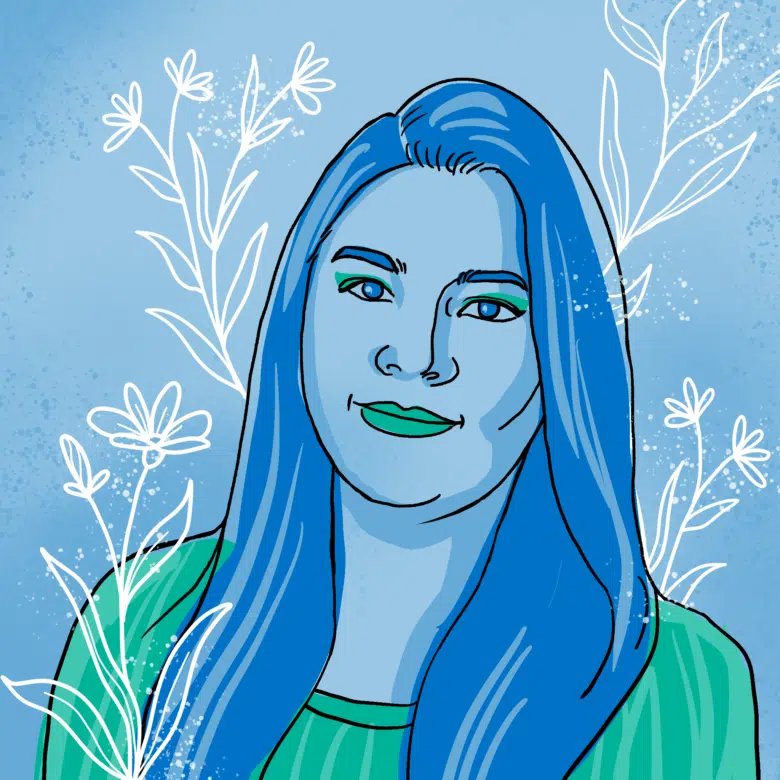 Bianka’s Story
Bianka’s Story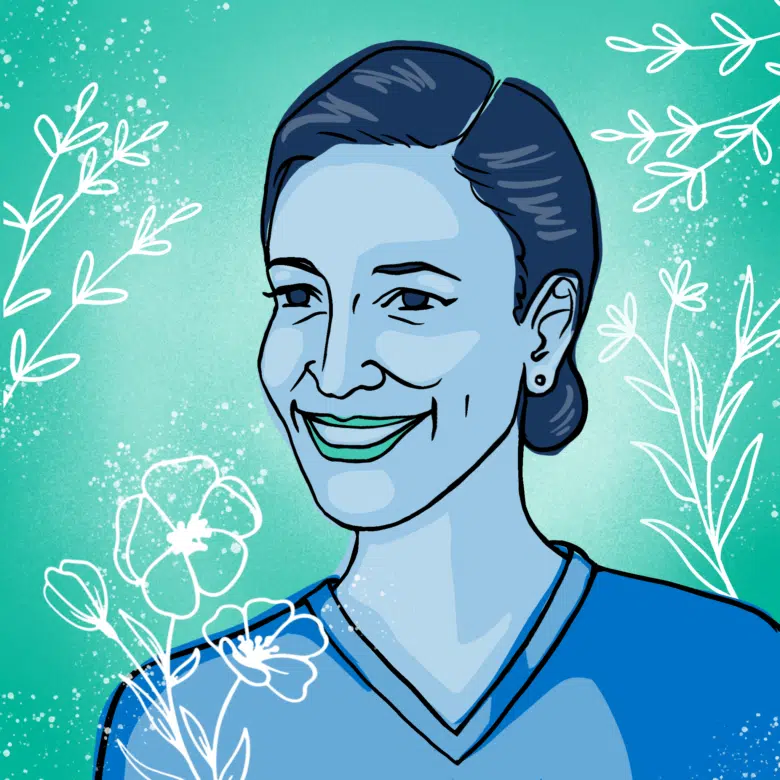 Valentina’s Story
Valentina’s Story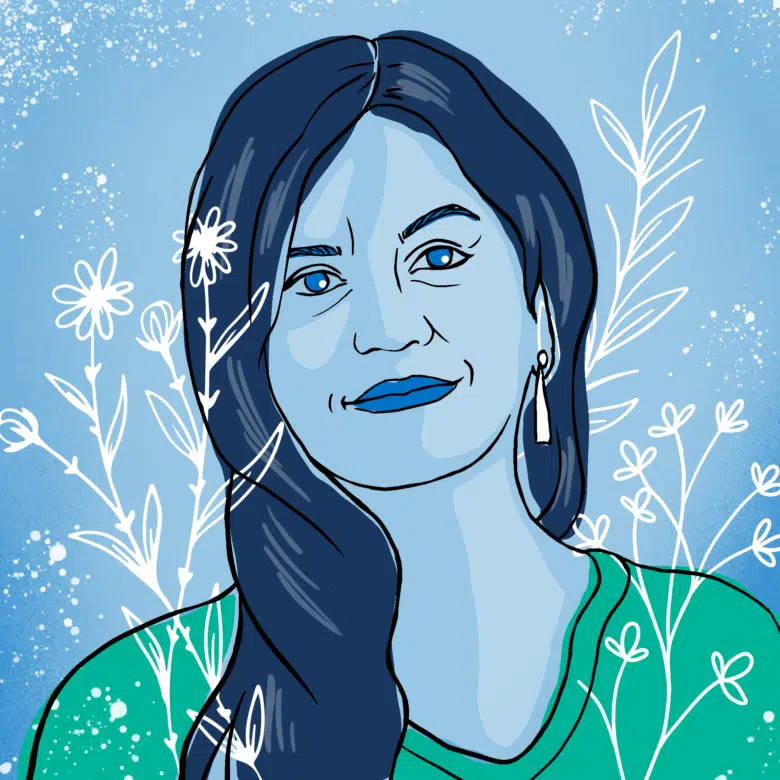 Carolina’s Story
Carolina’s Story